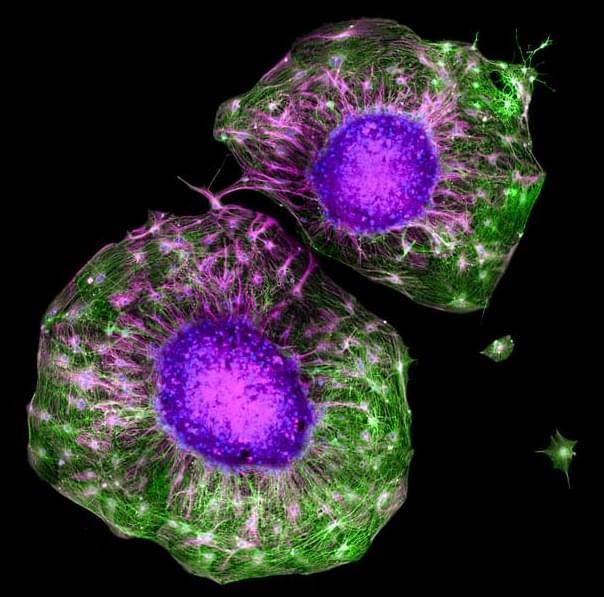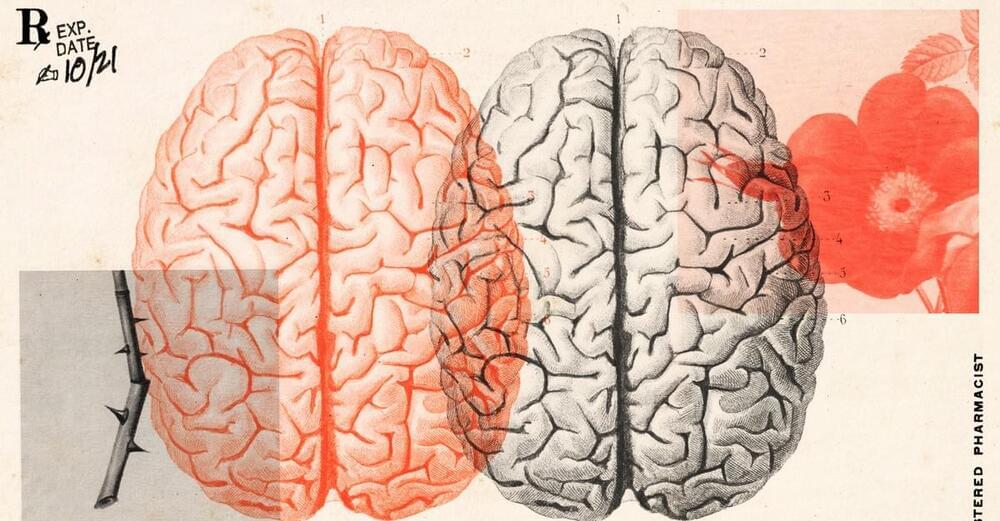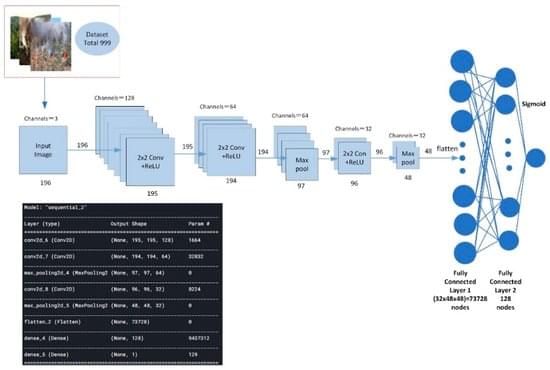Dec 15, 2024
Astronomers have discovered unusual twin alien planets that may be water worlds
Posted by Shailesh Prasad in categories: alien life, innovation
Hubble Finds Two Exoplanets Covered in Oceans 1,000 Miles Deep, Possibly Hiding Exotic Forms of Life.
Using data from the Hubble telescope, scientists have discovered two exoplanets, Kepler-138c and Kepler-138d, which appear to be “water worlds” with oceans potentially as deep as 1,000 miles. These planets, located 218 light-years away, are unlike any in our solar system, with low densities suggesting that they are primarily composed of water. Though they may not have surface oceans like Earth, the atmosphere on these planets could be made of steam, with high-pressure liquid water existing beneath. This breakthrough raises new questions about the habitability of exoplanets.

















